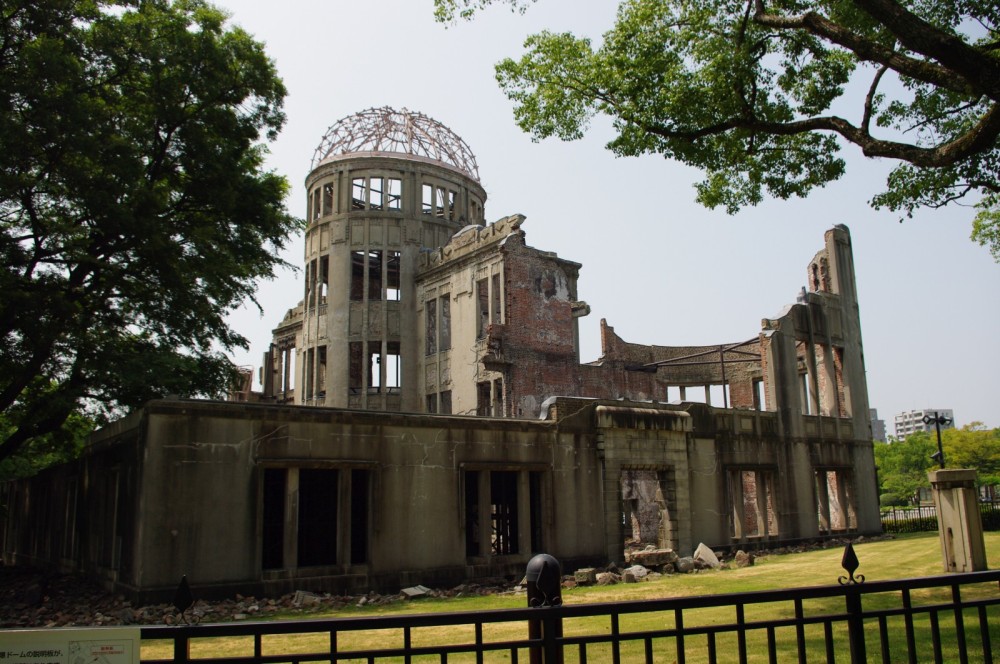World's first nuclear weapons ban goes into effect

The United Nations’ Treaty on the Prohibition of Nuclear Weapons went into effect on January 22, making nuclear weapons illegal under international law for the first time.
More than 80 nations have signed the treaty, which prohibits countries from producing and possessing nuclear weapons and from allowing them to be stationed within their borders. Notably absent among the signatories, however, are the nine nations believed to have nuclear weapons: the United States, China, France, Great Britain, India, Israel, North Korea, Pakistan, and Russia.
Japan—the only country to have suffered an atomic bomb attack—declined to sign the treaty as well, saying that while the nation shares the UN’s ultimate goal of nuclear disarmament, it believes the UN treaty process has created unnecessary divisions between nuclear and nonnuclear states, divisions that actually inhibit success.





